Best indoor trees – to enhance your sense of wellbeing
Enhance your interiors with the best indoor trees and bring your home to life


There is no denying that the best indoor trees can create a wonderful focal point. The positive effects that house plants and indoor trees can have on our health has been much discussed of late, with their air-purifying, stress-relieving, productivity and mood-boosting benefits.
Available with many different leafy textures, shapes, patterns and colors, the best indoor trees can make dramatic garden ideas for your rooms. You can further enhance this impact by layering smaller plants at different heights.
‘Foliage in your living room will soften spaces and create signature accents,’ explains Beth Chapman, founder of online houseplant store Leaf Envy .
But don't stop at the living room – add a natural touch in any room of the house, whether it's a tall palm trailing its leafy fronds over a freestanding bath, or a yucca taking pride of place in front of a sunny bedroom bay window.
'Be playful with proportions and add depth and visual interest to your favorite room by mixing leafy textures, shapes and patterns,’ adds Beth.
The best indoor trees
There are many indoor trees to choose from and which enjoy different conditions. There are those that are tolerant of low-light levels, others are sunshine hungry and need to be positioned in the sunniest spot to thrive, or some that require a humid atmosphere.
As well as choosing the best position in your house for the indoor trees, it's also important to care for them well and particularly know how to care for house plants in winter when light levels are lower and temperatures inside the home can fluctuate more.
1. Best low light indoor tree: Parlor Palm (Chamaedorea elegans)
Parlor palms are really hardy indoor trees – they can take low-light levels, inconsistent watering and rather a lot of neglect. Unsuited to bright sunshine, they will however thrive in bright rooms, too – although they don't like hot sunlight, so if you are going to put them in a window, a north- or east-facing window is best.
Parlor palms are great for air-purifying, and are slow-growing, reaching around 3 to 4ft. Allow the soil to dry out completely between waterings, and water less in winter than during hot weather.
2. Fiddle leaf fig tree (Ficus lyrata)
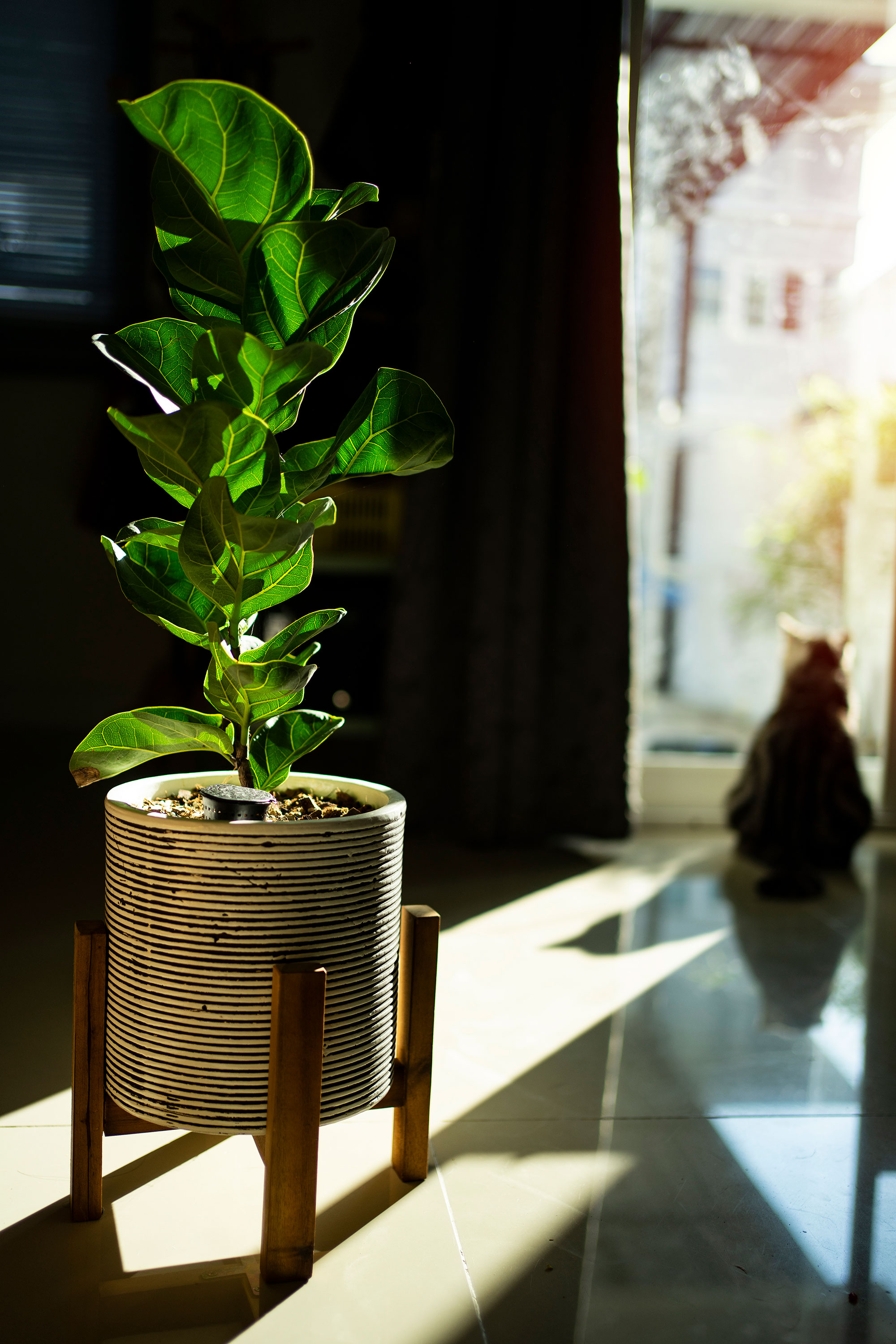
With its far reaching, paddle-shaped leaves, fiddle leaf fig tree – Ficus lyrata – is a great choice to add a bit of striking green to any room.
'They will thrive in conservatories with moderate temperatures and in locations with bright, indirect sunlight – an east-facing window is perfect. They are not pet-friendly, though, so keep this in mind if you have any in your household,' advises Nathan Raab, managing director of Pointless Plants.
Young fiddle leaf fig trees have more dense foliage, but this spreads out as they age Give them a good soaking once the top inch of soil is dry.
'There are several common issues that I see with fiddle leaf figs, and luckily, most of them are relatively easy to fix. However, it can take time for your indoor tree to recover, so have patience,' says Lindsay Pangborn, gardening expert at Bloomscape.
4. Calamondin orange – and other citrus trees
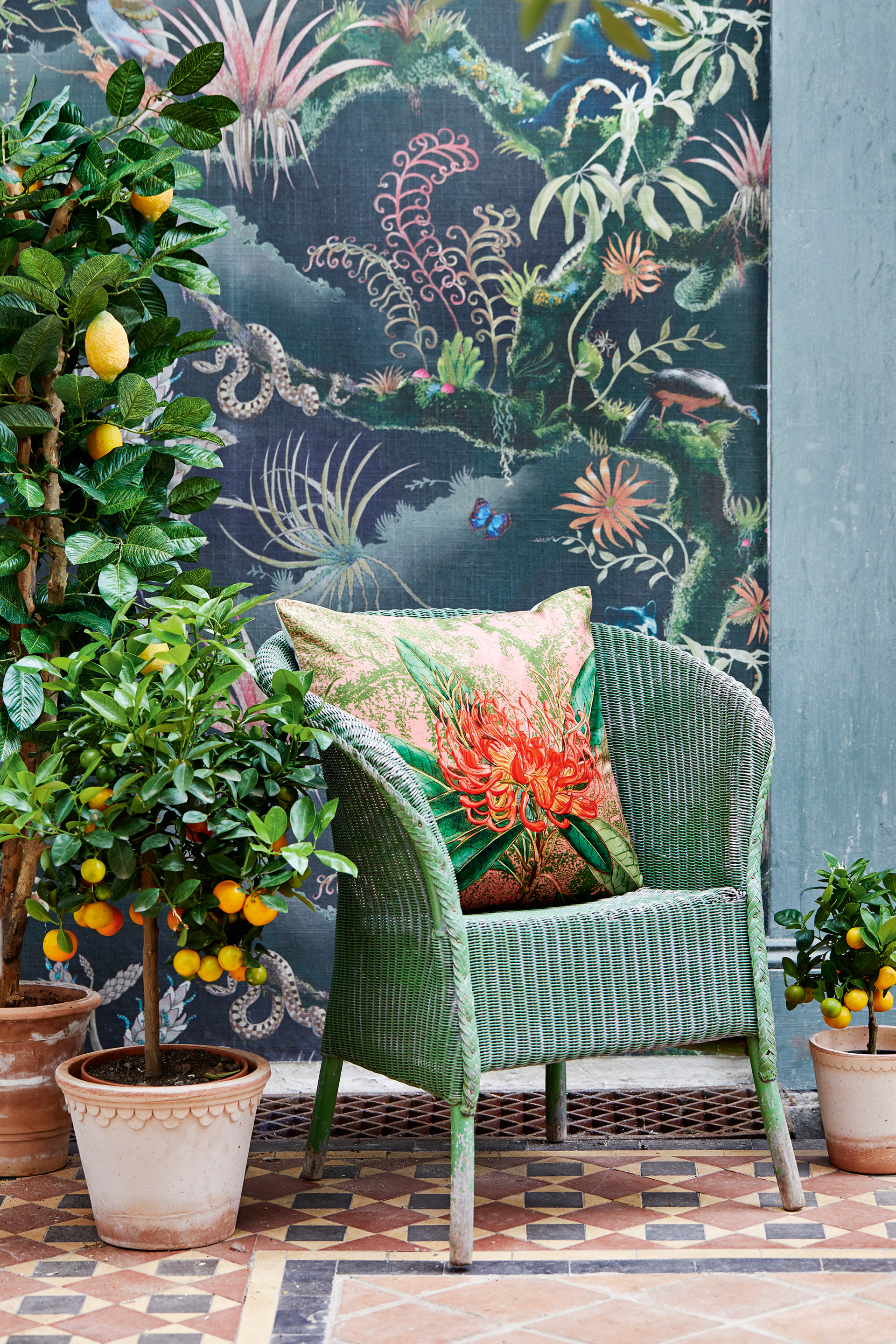
Despite their exotic looks, Calamondin citrus trees are hardy enough for a cold corner in a room. These small, busy evergreen trees can reach up to 20ft tall, but most kept as indoor trees are smaller.
Calamondin have beautiful orange-scented blossoms in spring which become small, edible orange fruits – although they are very sharp to taste.
If you can't find a Calamondin, other citrus trees are just as satisfying to grow as indoor trees. However, be aware: citrus trees are also rather high-maintenance. That said, with the correct and careful care, they will reward you with their attractive, elegant shape. You could even learn how to grow a lemon from seed to add to your citrus tree display.
A lemon tree needs humidity to survive, as well as a lot of filtered or rain water and sunlight, so are a perfect choice for a conservatory, or possibly a bright and light kitchen.
'Plus, free fruit is a great bonus!' says Nathan Raab.
4. Dwarf date palm/pygmy date palm (Phoenix roebelenii)
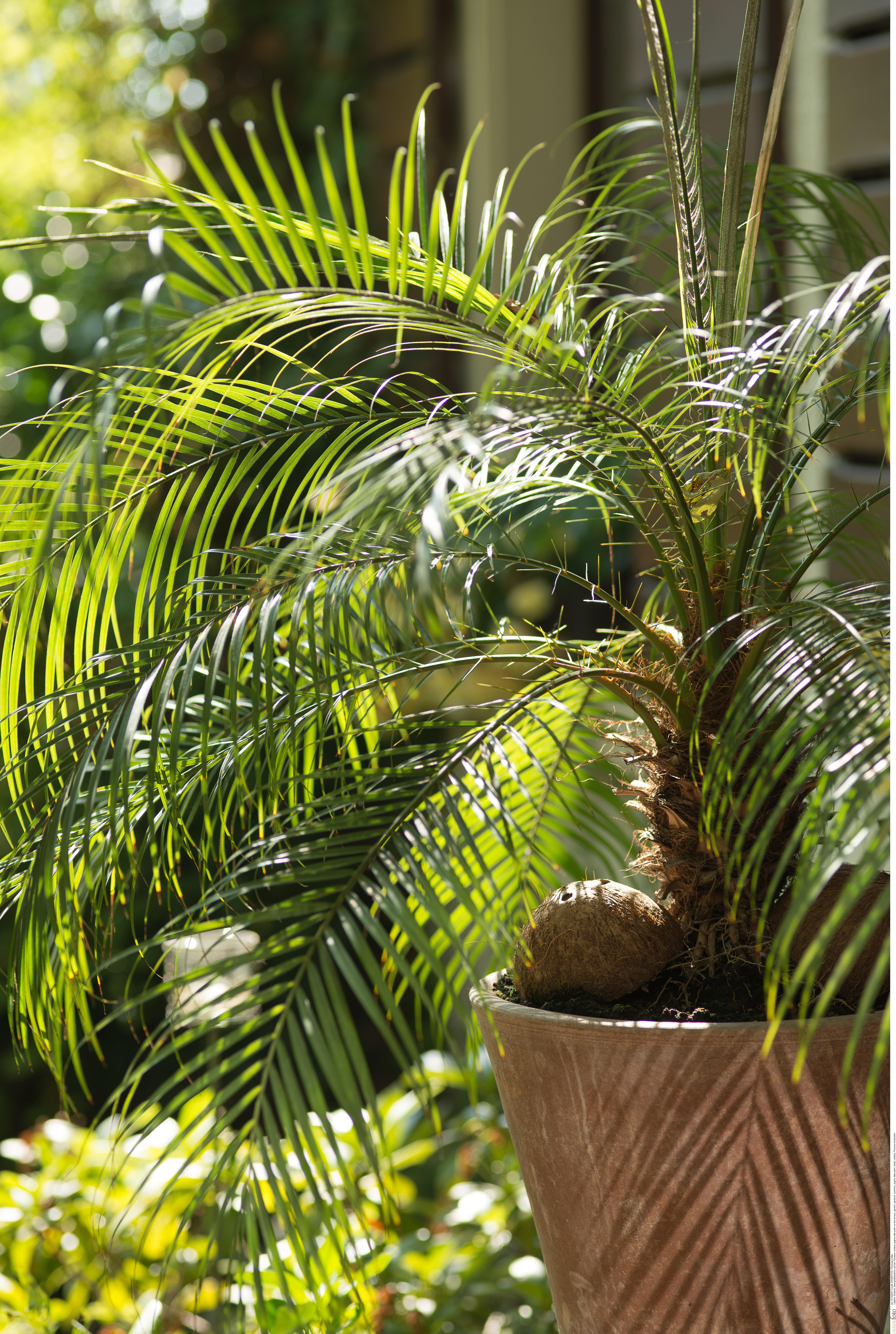
The dwarf date palm, also known as the pygmy date palm – Phoenix roebelenii – as the name suggests, remains fairly small.
'The pygmy date palm has been a favorite for indoor potting for decades,' say the experts at realpalmtrees.com. The slow-growing indoor tree is also known for its premium air-purifying qualities and easy-care benefits.
Tough enough to stand up to many indoor environments, they do, however, thrive best with lots of direct sunlight.
5. Best tall indoor tree: Money tree (Pachira aquatica)
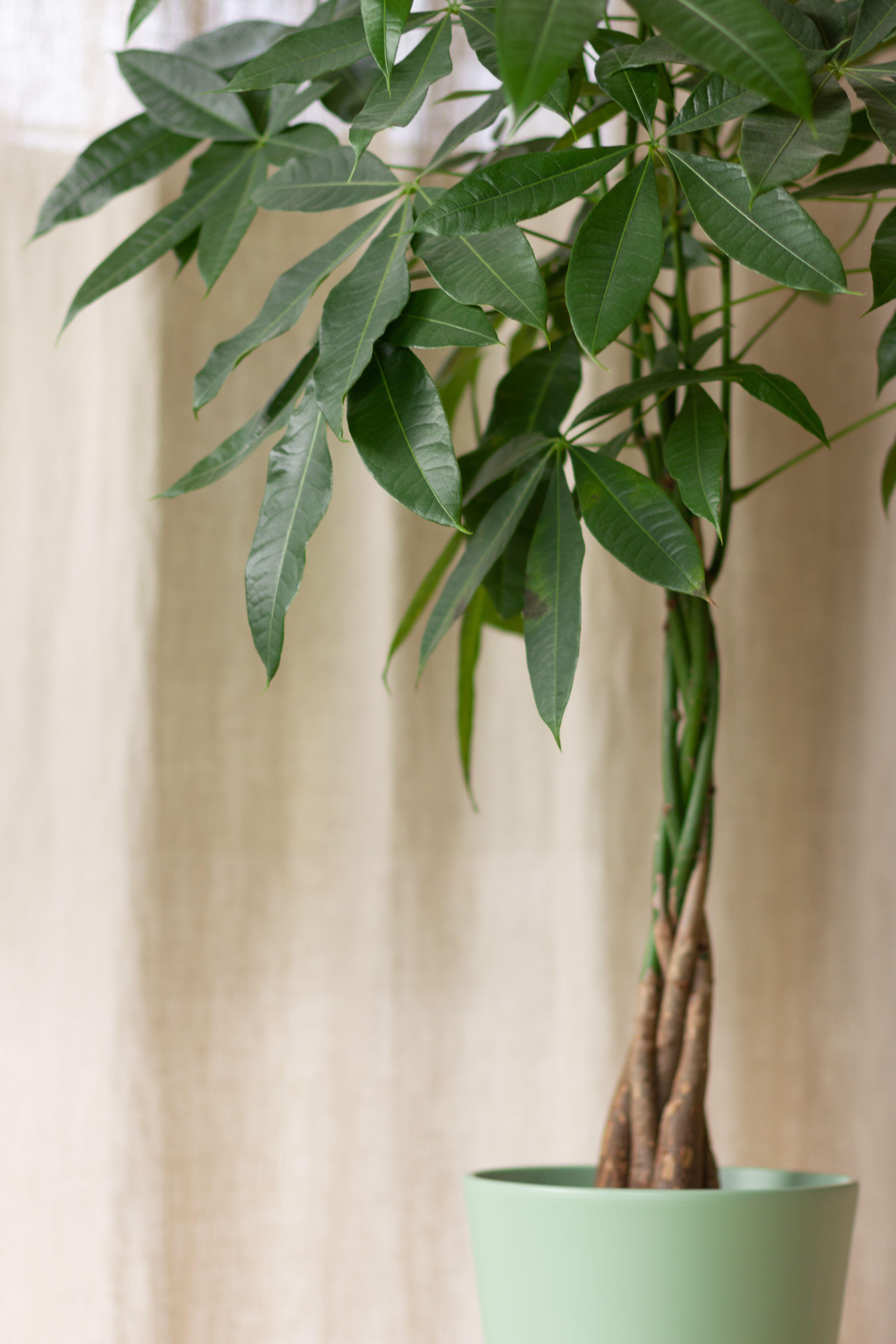
The money tree – Pachira aquatica – will give your home a tropical feel with its umbrella-like shape and distinctive braided stem.
'The money tree likes a bright spot to really show off,' says Emily Wight, co-founder of indoor plant store Foli. 'It is easy to care for, and will produce new foliage daily,' so can be added to the list of low maintenance house plants
One of the best indoor trees, they can grow up to six feet tall, and work well in a humid environment, such as a sunny bathroom.
'Usually found in the humid wetlands of South and Central America, they prefer humid air and don’t forget to water them – they need pretty damp soil to really thrive,' says Nathan Raab.
6. Weeping fig (Ficus benjamina)
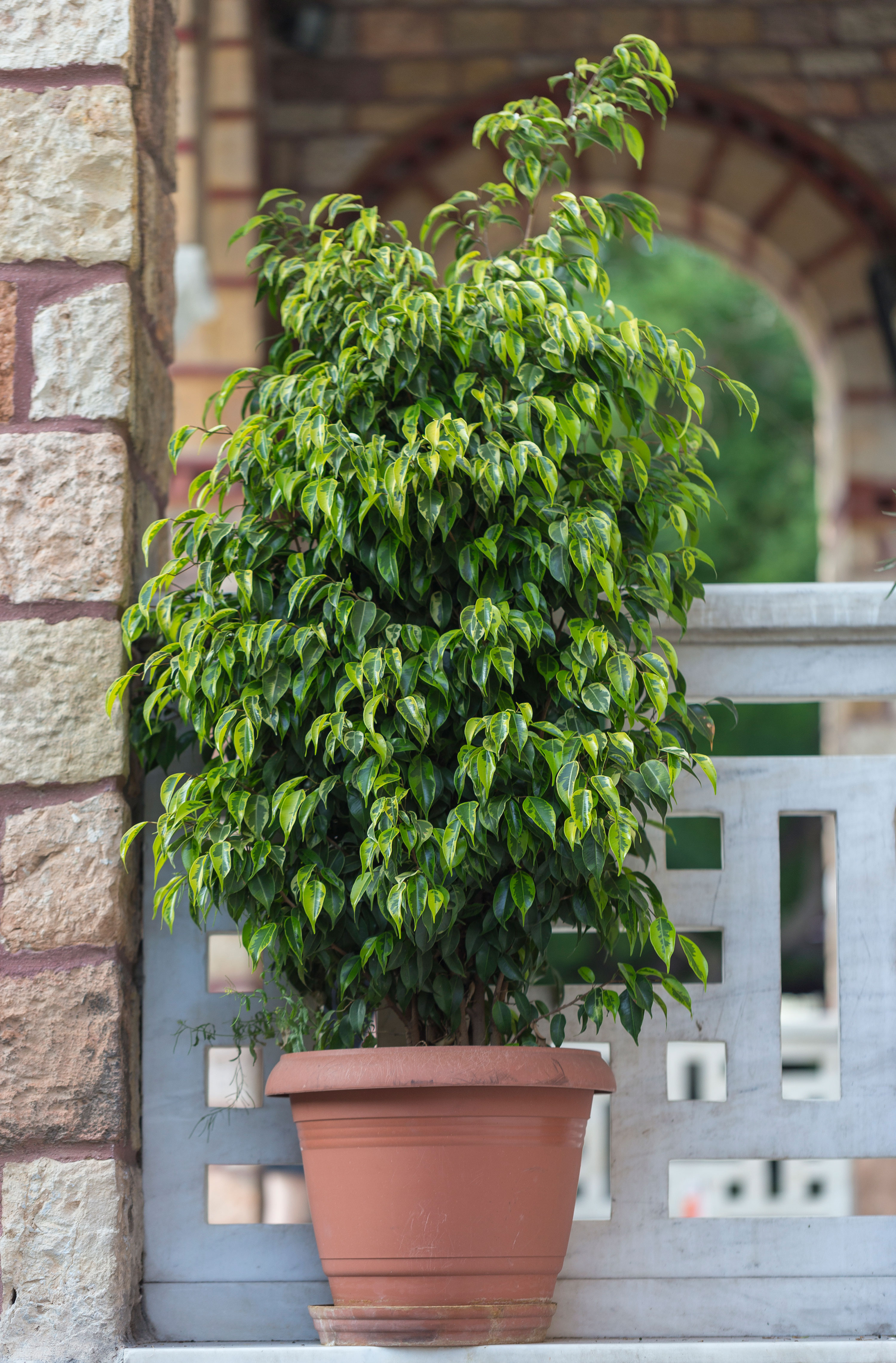
The weeping fig – Ficus benjamina – is more tolerant of low-light levels than a lot of the other best indoor trees. It can also survive with moderate watering, so is more low maintenance than some.
Significant leaf drop is likely to be due to a sudden change in temperature or light, so try to keep the climatic conditions consistent, or move its location in the home during the colder months when there is less natural sunlight coming into the home.
7. Yucca
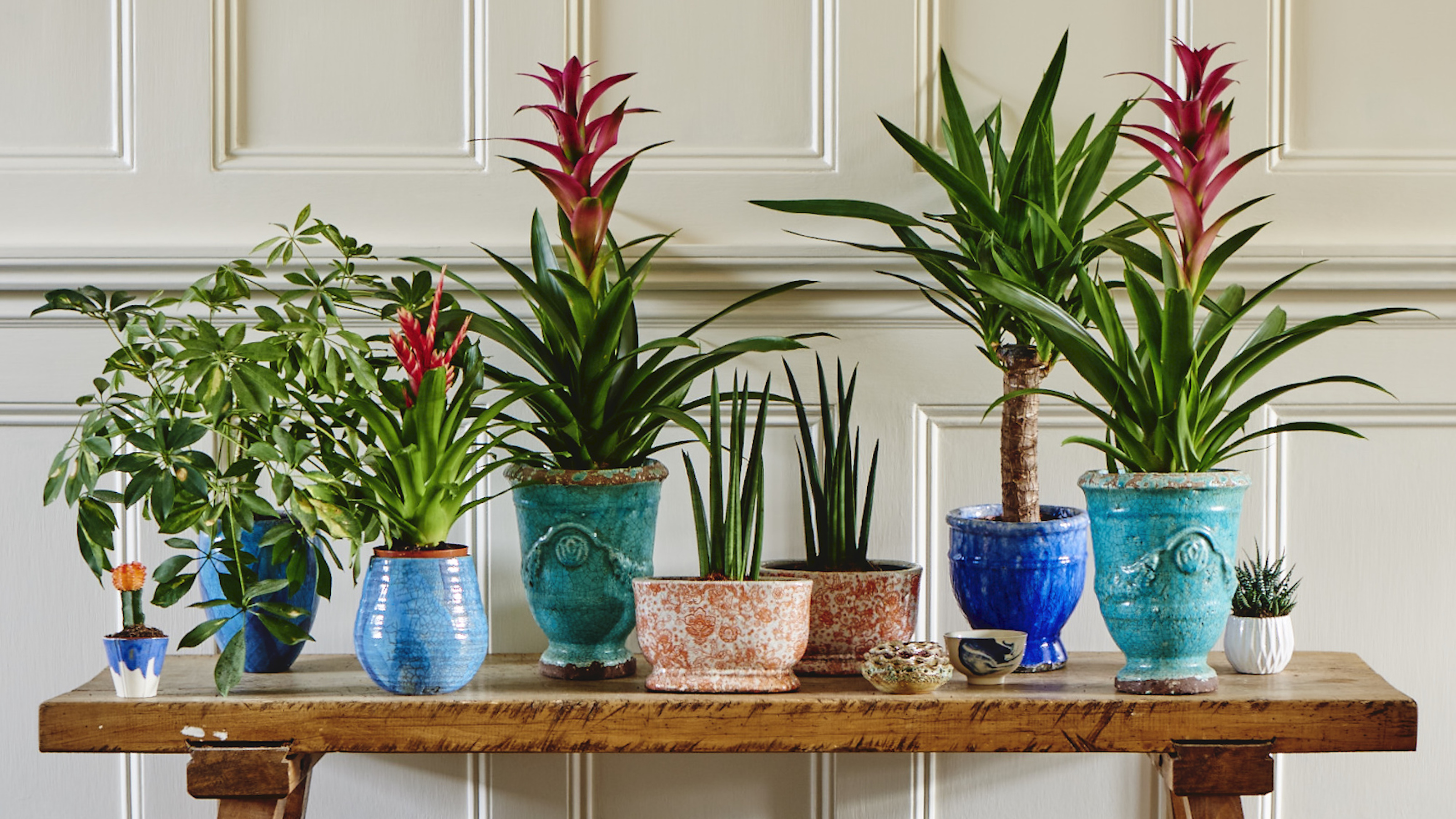
'The yucca is low maintenance, with spiky, sword-like green leaves atop sturdy canes,' explains Lindsay Pangborn.
This desert native will do best with as much sunlight as possible, as it would enjoy in its native environment.
If you can be a little forgetful and sporadic when it comes to watering your indoor trees and house plants, however, then the yucca is a good choice for you as, being a desert baby, it is extremely drought-tolerant and needs only infrequent dousing.
8. Rubber tree (Ficus elastica)
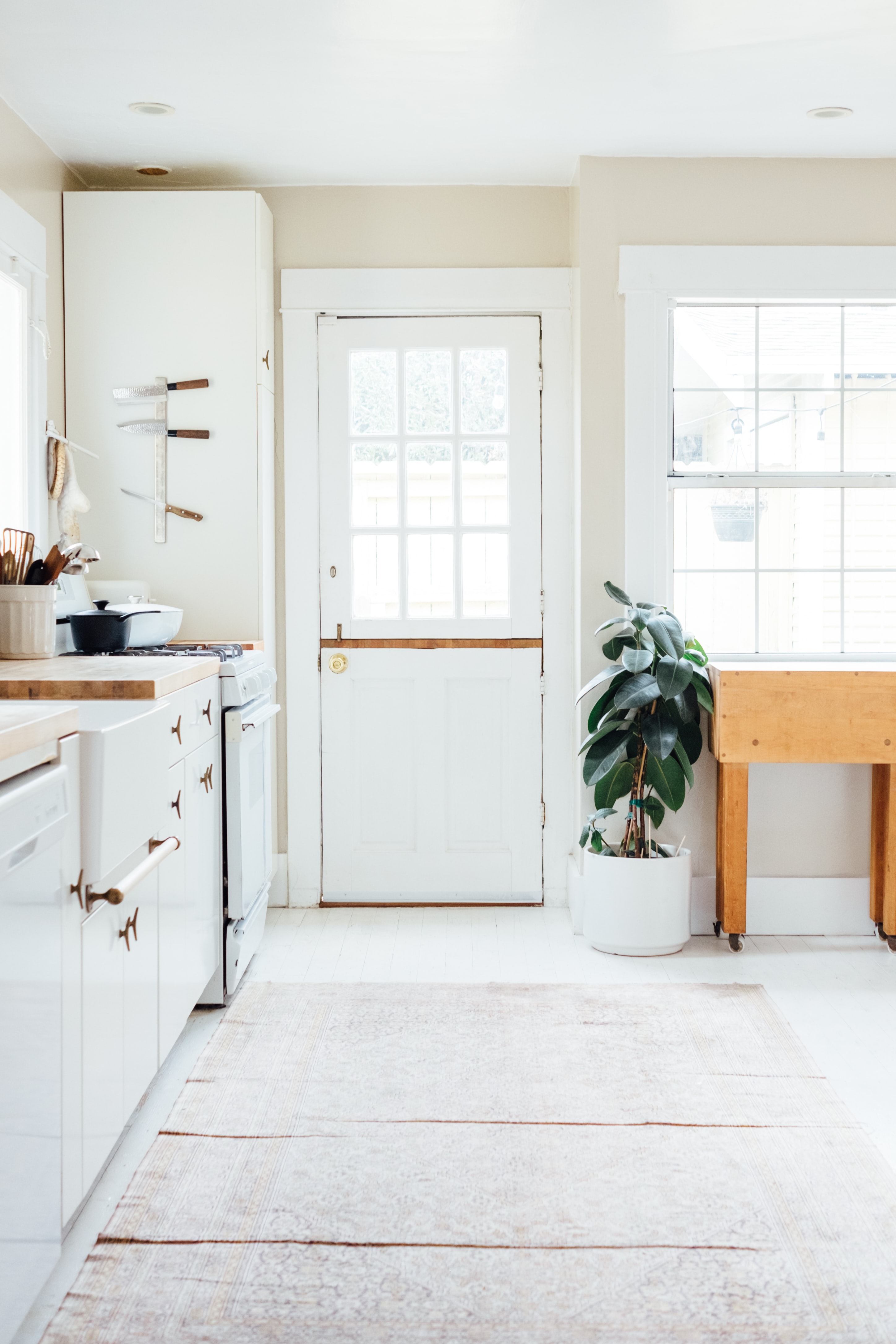
Rubber tree, Ficus elastica, rubber fig, rubber bush, rubber plant... whatever name you choose to call it, this indoor tree is the perfect one for the most neglectful plant parents out there.
Like a lovely self-sufficient children, the rubber tree can look after itself pretty well, with just a weekly watering - less in winter - and access to a medium amount of light.
'Rubber trees love a bright room, but are not partial to direct sun, so if your room is very sunny, place it away from the window,' say the experts at Patch Plants.
They can take it humid – in fact their leaves can absorb a lot of moisture, so they love a regular misting – but they are just as happy if its not a humid environment. They are just generally pretty easy going.
What is the easiest indoor tree to grow?
There is no definitive answer to what is the easiest indoor tree to grow as every plant will have its likes and dislikes when it comes to sunlight, humidity, and watering. As long as you do your research beforehand, and make sure that you are offering your chosen tree the best conditions indoors, then it should grow well and stay healthy – a happy indoor tree makes it easy to care for.
If, however, you really do doubt your indoor tree-caring skills, then a dragon tree – Dracaena marginata - is one of the easiest to look after.
This good-looking option has slim, sword-like green leaves with red or yellow edging, growing out from its sturdy trunk – a little like a palm tree.
The dragon tree is fairly hardy and adapts well to container growing. It doesn’t need a lot of sunlight – in fact you should keep them out of direct sunlight as it will burn their leaves - and is happy at room temperature. A slow grower, it can reach a maximum height of about 6 feet and does not require a lot of watering and, most importantly, will recover well from periods of neglect.
Which indoor tree does not need sunlight
There is no indoor tree that does not need any sunlight – as all plants require light for photosynthesis – but there are many options that can survive better with low levels of sunlight. Some of those that can withstand life in a darker corner – possibly with an occasional ‘holiday’ into a brighter spot in the home - include the weeping fig tree and money tree.
Sign up to the Homes & Gardens newsletter
Design expertise in your inbox – from inspiring decorating ideas and beautiful celebrity homes to practical gardening advice and shopping round-ups.
Rachel is senior content editor, and writes gardening content for homesandgardens.com, Homes & Gardens magazine, and its sister titles Period Living Magazine and Country Homes & Interiors. She has written for lifestyle magazines for many years, with a particular focus on gardening, historic houses and arts and crafts, but started out her journalism career in BBC radio, where she enjoyed reporting on and writing programme scripts for all manner of stories. Rachel then moved into regional lifestyle magazines, where the topics she wrote about, and people she interviewed, were as varied and eclectic as they were on radio. Always harboring a passion for homes and gardens, she jumped at the opportunity to work on The English Home and The English Garden magazines for a number of years, before joining the Period Living team.
-
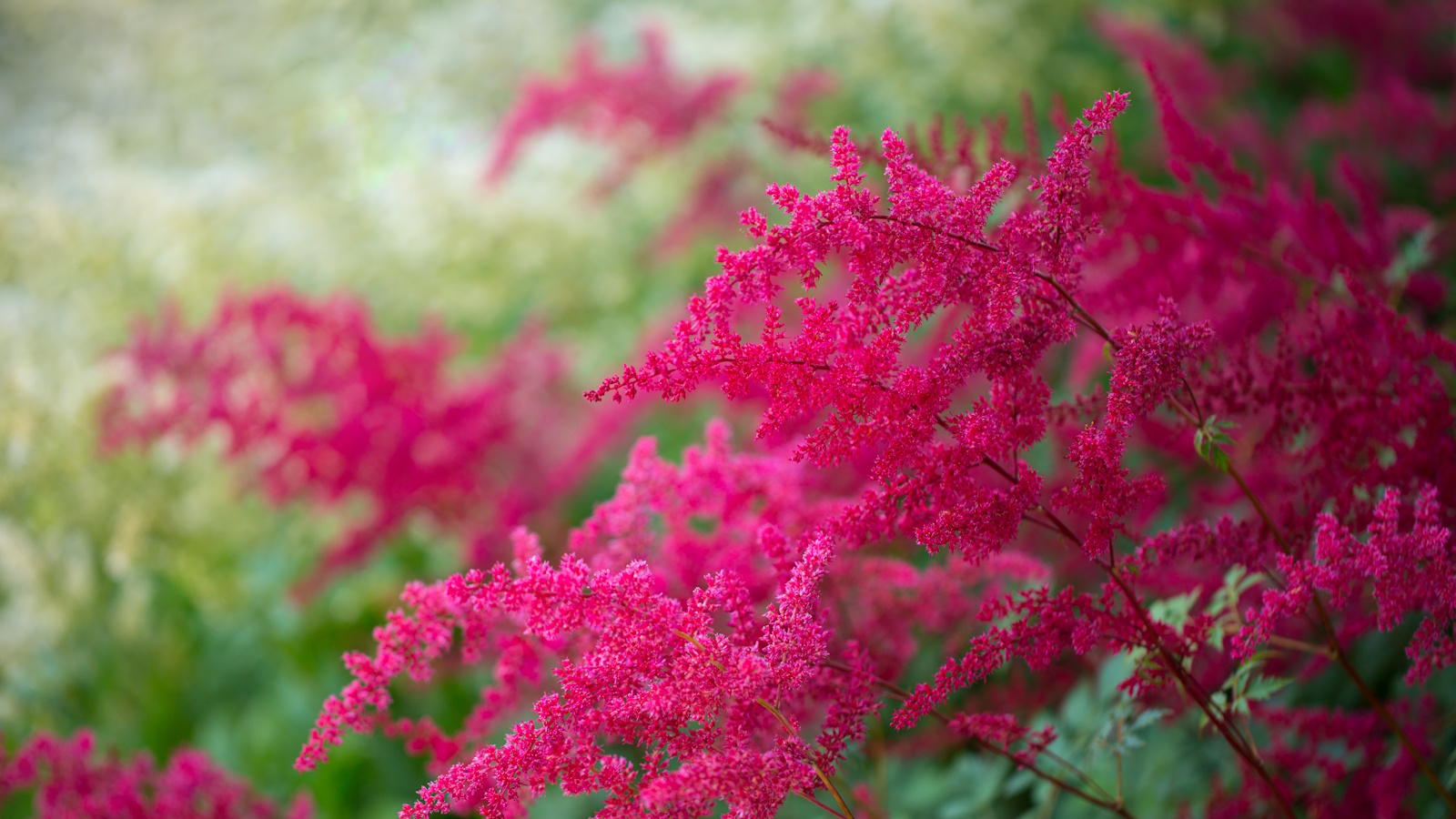 How to grow astilbe – expert advice on cultivating this shade-tolerant flowering perennial
How to grow astilbe – expert advice on cultivating this shade-tolerant flowering perennialShade-tolerant and pest-resistant - astilbe are hardy and tough perennials that can thrive in many settings
By Ellen Wells Published
-
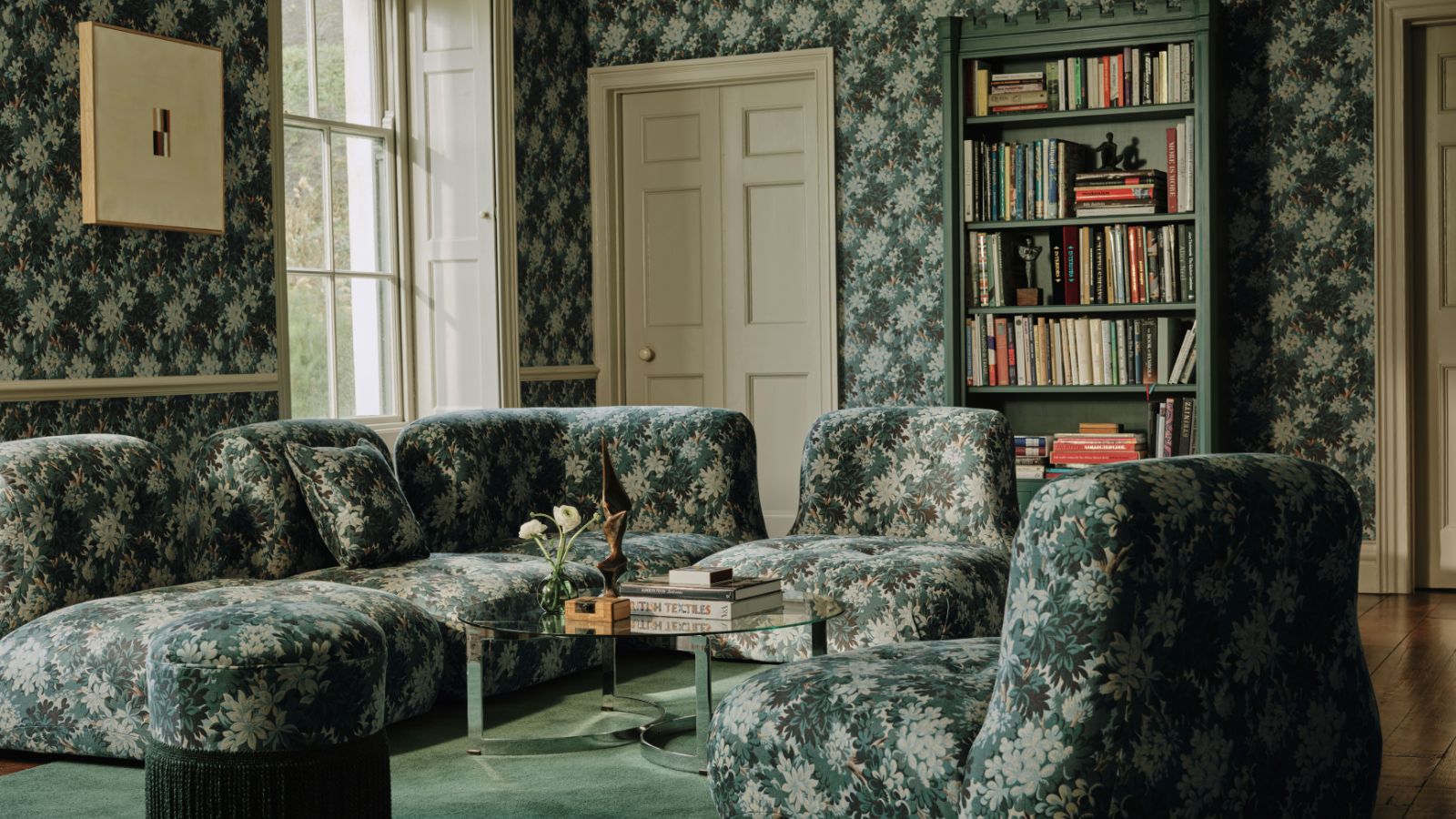 Vintage prints are making a comeback – designers say to look out for these 5 nostalgic patterns this year
Vintage prints are making a comeback – designers say to look out for these 5 nostalgic patterns this yearThese vintage-style patterns are all the rage right now, and we spoke with design experts to learn how best to style them in the home
By Eleanor Richardson Published
-
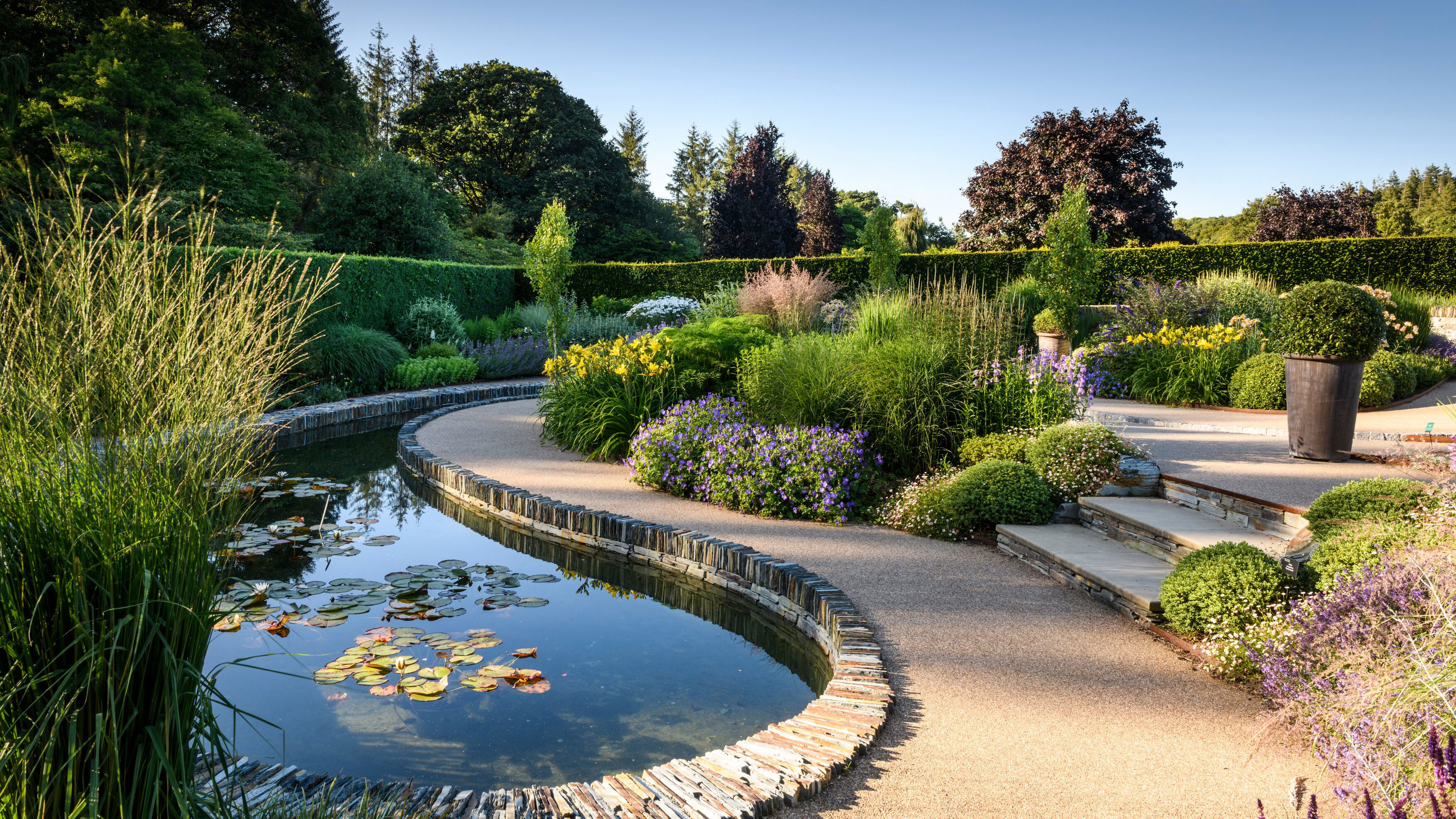 Water garden ideas – 9 ways to introduce soothing water to your outdoor space
Water garden ideas – 9 ways to introduce soothing water to your outdoor spaceFrom cascading fountains to wildlife ponds, there are plenty of ways to create a tranquil water garden
By Leigh Clapp Published
-
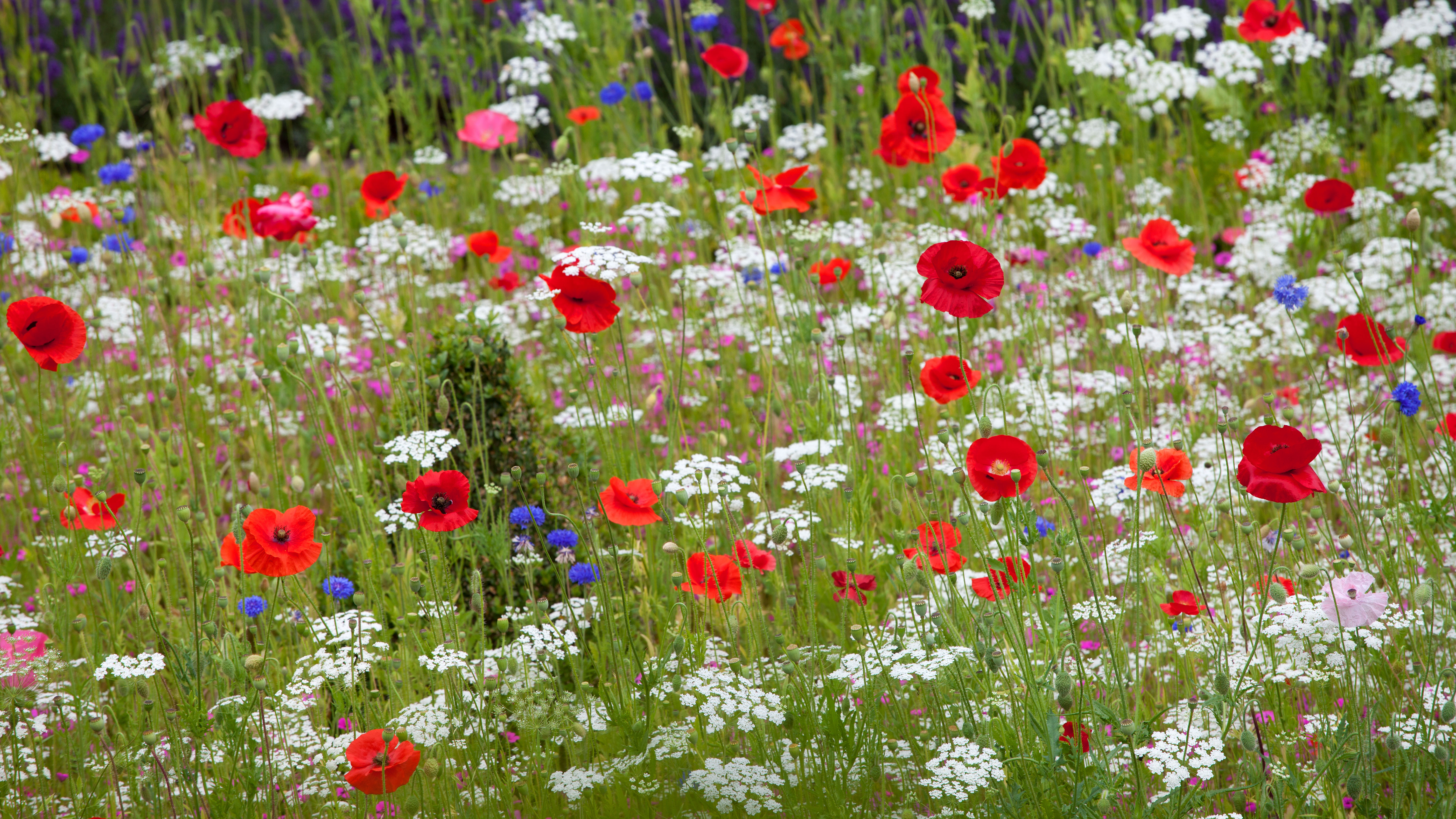 How to grow poppies
How to grow poppiesFind out how to grow poppies to enjoy the beauty of these brightly colored tissue paper-like blooms
By Leigh Clapp Published
-
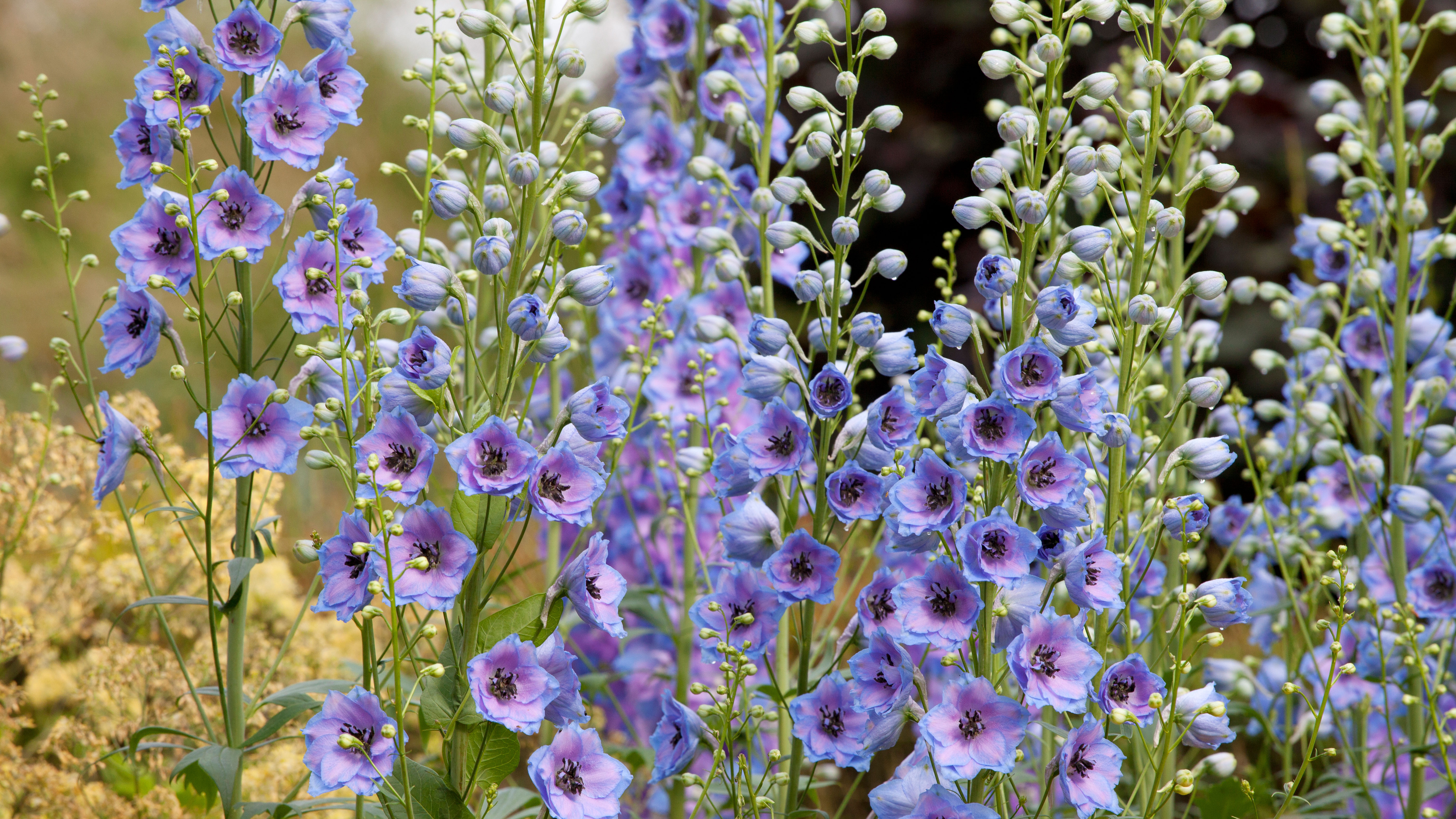 How to grow delphiniums from seed
How to grow delphiniums from seedFind out how to grow delphiniums from seed and enjoy these colorful cottage garden favorites filling beds and borders
By Leigh Clapp Published
-
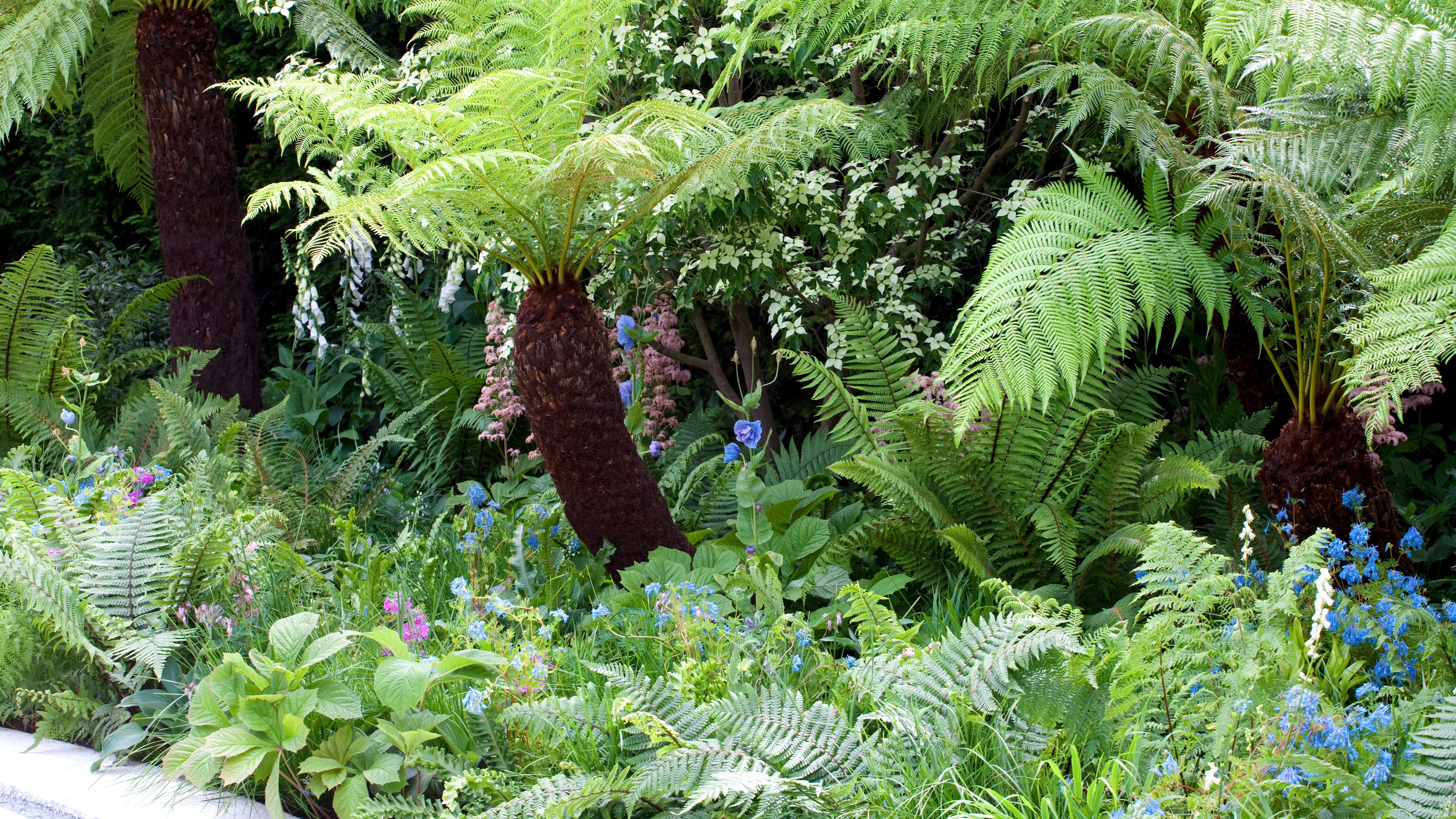 How to grow ferns – when and how to plant and care for them
How to grow ferns – when and how to plant and care for themLearn how to grow ferns to enjoy the texture and form of these versatile plants in many areas of your garden
By Leigh Clapp Published
-
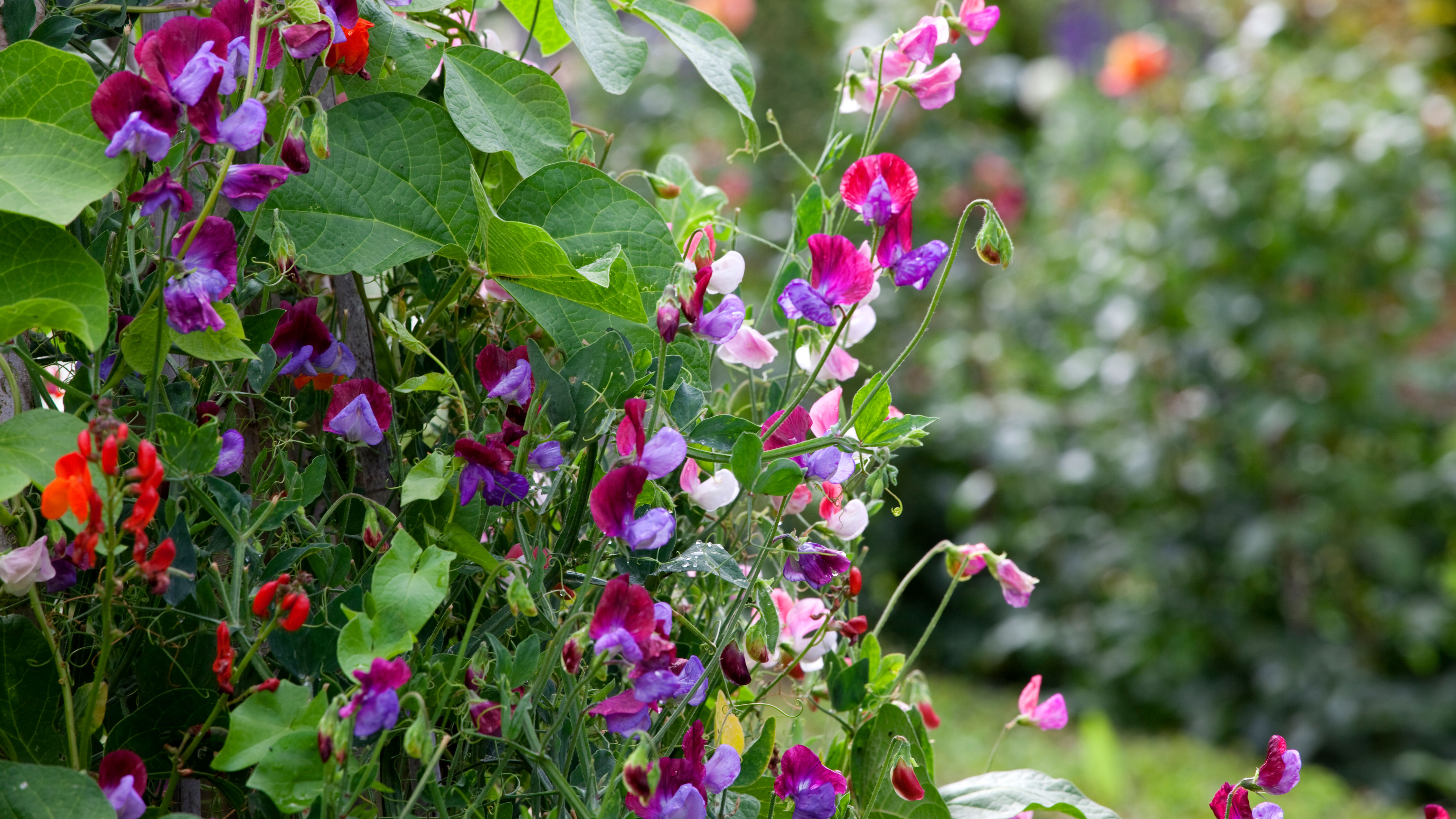 How to grow sweet peas from seed – in borders and pots
How to grow sweet peas from seed – in borders and potsFind out how to grow sweet peas and where to enjoy their wonderful color, ruffled blooms and sweet fragrance in your garden
By Pippa Blenkinsop Published
-
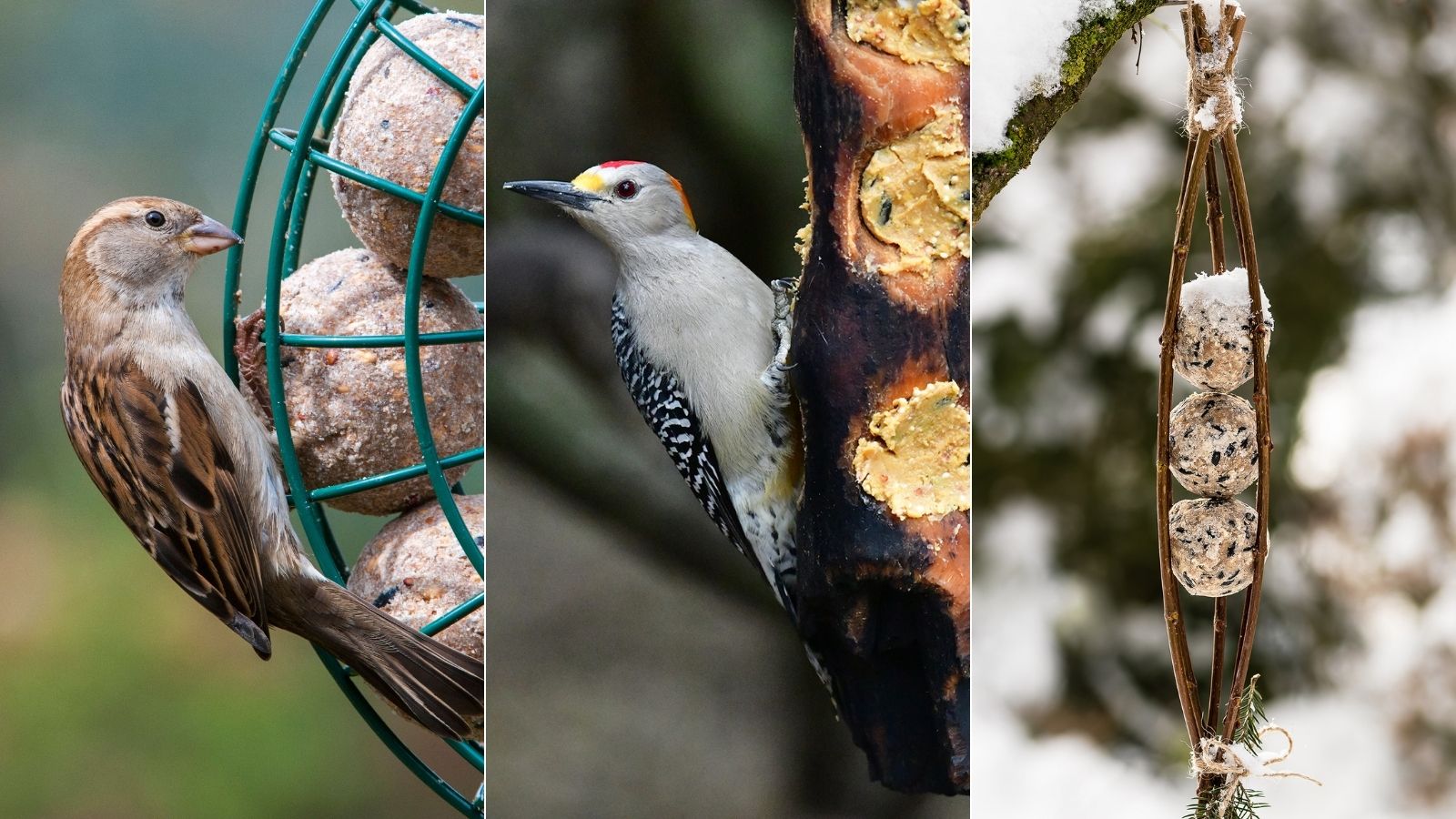 How to make fat balls for birds – easy steps feed our feathered friends
How to make fat balls for birds – easy steps feed our feathered friendsLearn how to make fat balls for birds to ensure their wellbeing throughout the winter
By Holly Reaney Published
-
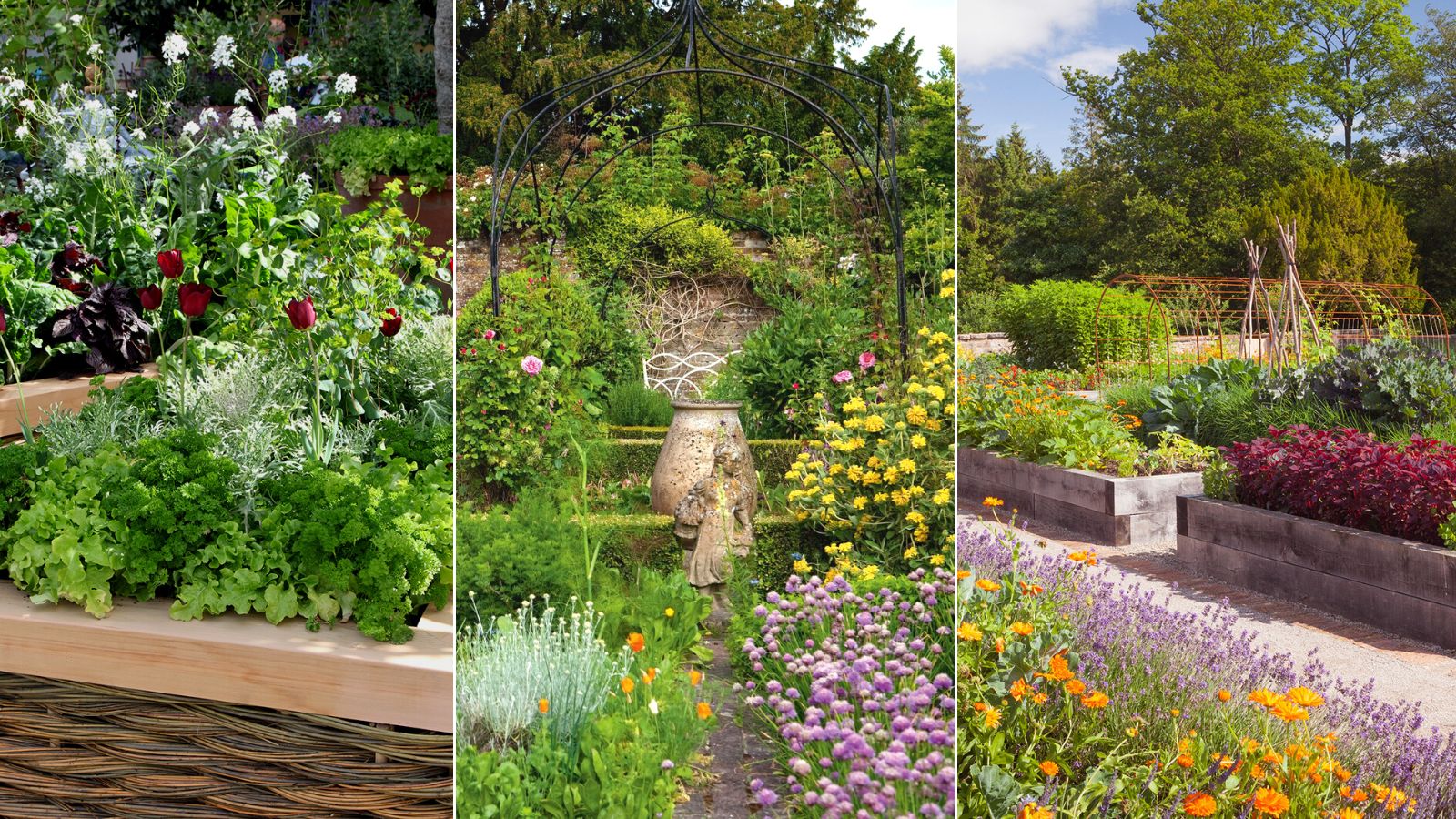 Planning a kitchen garden – from layouts to picking the best crops
Planning a kitchen garden – from layouts to picking the best cropsPlanning a kitchen garden is easy with this expert advice – whether yours is in beds, borders or a dedicated patch – you're guaranteed success
By Leigh Clapp Published
-
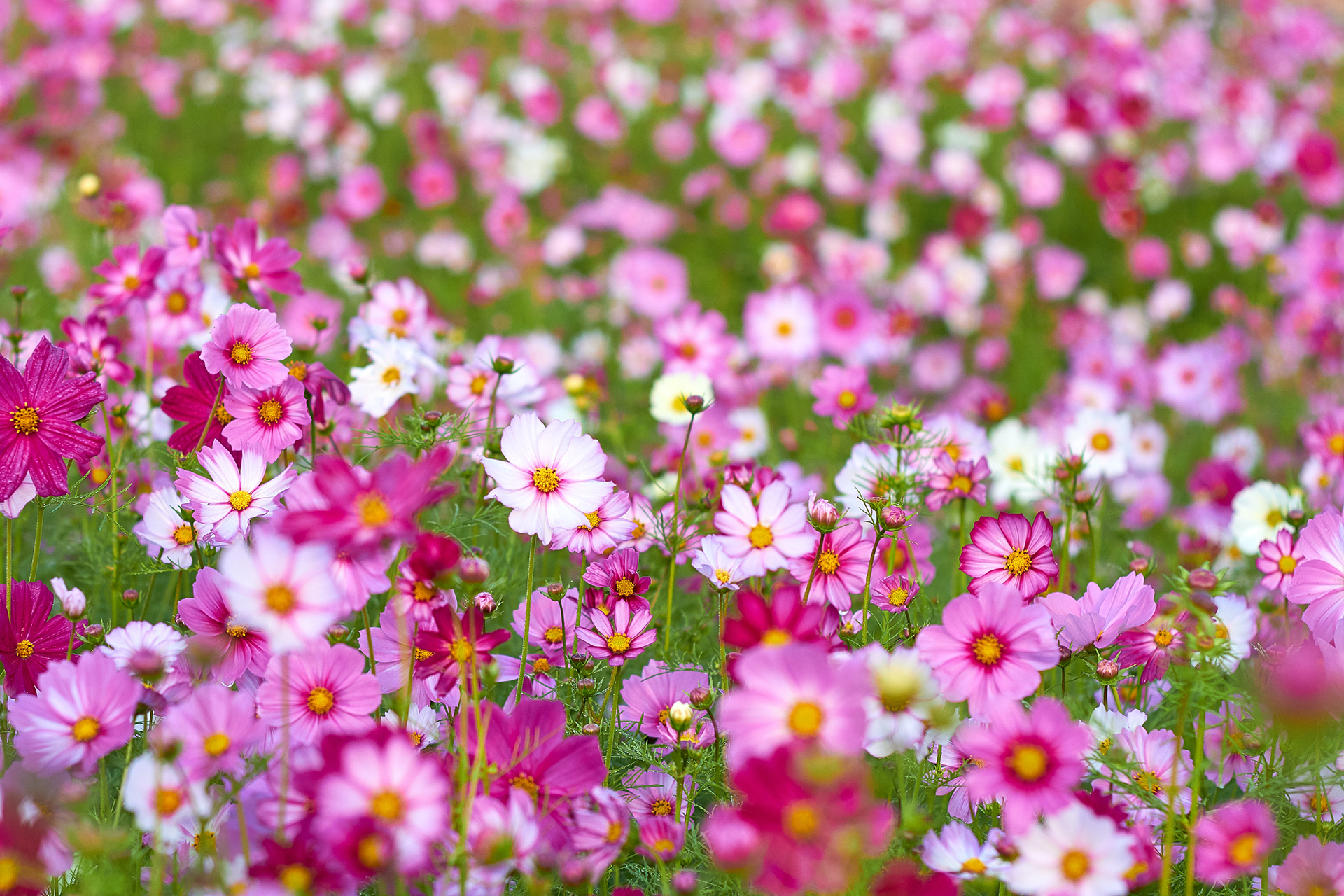 How to grow cosmos – expert tips on when and where to plant these flowers
How to grow cosmos – expert tips on when and where to plant these flowersLearn how to grow cosmos to add bright color in your garden from summer through to fall with their beautiful blooms
By Leigh Clapp Published